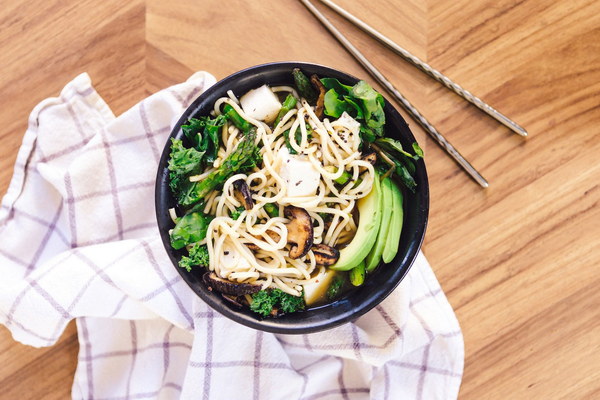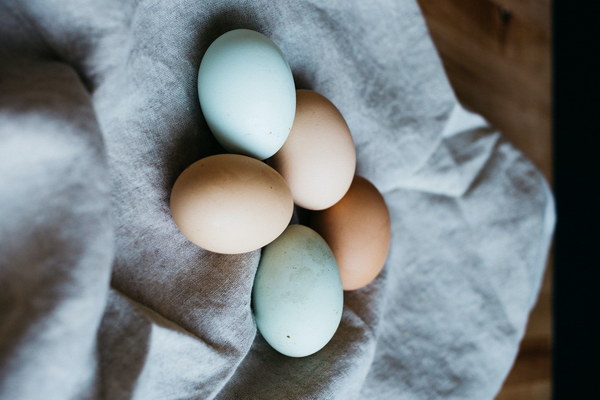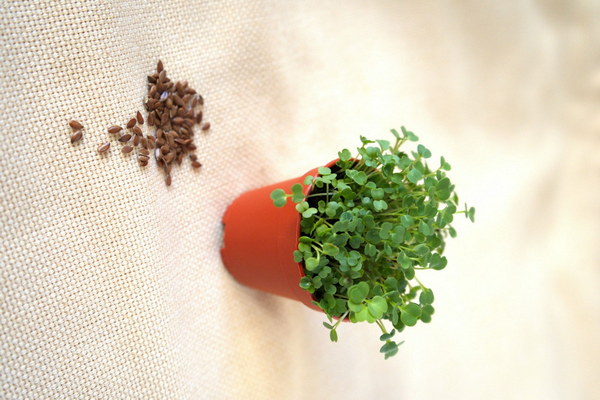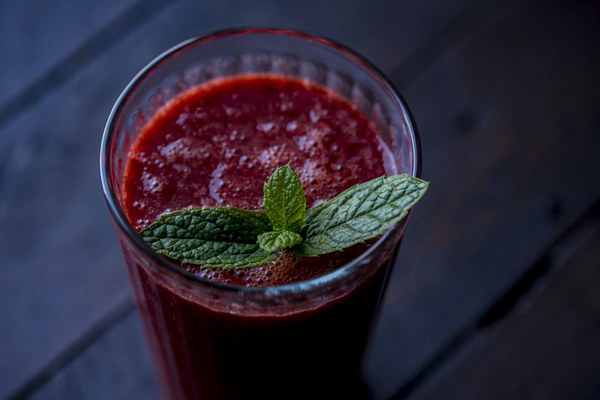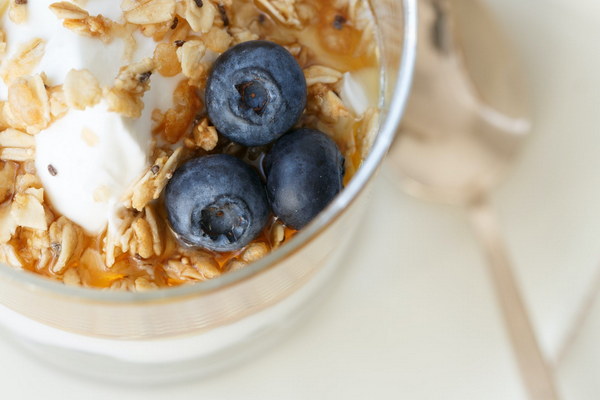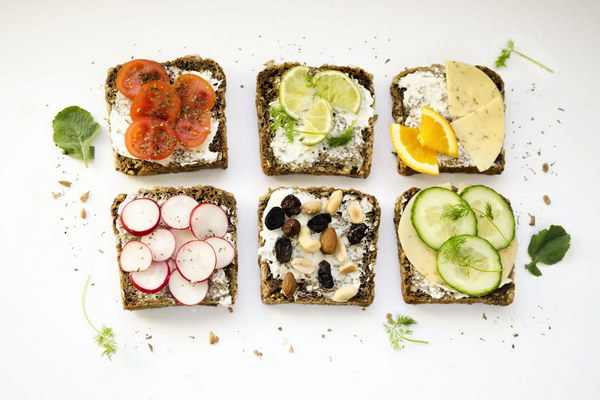Alleviate Dampness and Cold with Corn and Traditional Chinese Herbs A Natural Remedy for Health
Introduction:
Dampness and cold are two common imbalances in traditional Chinese medicine (TCM), which can lead to various health issues. One effective way to combat these imbalances is by consuming a natural remedy known as corn and herbs tea. This article will explore the benefits of using corn and specific traditional Chinese herbs to alleviate dampness and cold, and provide a step-by-step guide on how to prepare this healing tea.
I. Understanding Dampness and Cold in TCM
In TCM, dampness and cold are considered to be internal pathogenic factors that can disrupt the body's balance and lead to various health problems. Dampness is often associated with excess moisture in the body, which can cause symptoms such as fatigue, joint pain, and bloating. On the other hand, cold refers to the invasion of cold pathogens into the body, resulting in symptoms like chills, cough, and a runny nose.
II. The Power of Corn in Alleviating Dampness and Cold
Corn, also known as millet, is a versatile crop that has been used in traditional medicine for centuries. It is believed to have cooling properties and can help drain dampness from the body. Additionally, corn is rich in fiber, vitamins, and minerals, making it an excellent addition to any diet.
III. Traditional Chinese Herbs for Dampness and Cold
To enhance the effectiveness of the corn tea, several traditional Chinese herbs can be added. These herbs work together to address both dampness and cold in the body:
1. Astragalus (Huang Qi): Known for its immune-boosting properties, astragalus helps to expel cold and strengthen the body's defenses against pathogens.
2. Poria (Fu Ling): Poria is a powerful herb that helps to drain dampness and relieve water retention, making it an excellent addition to corn tea.
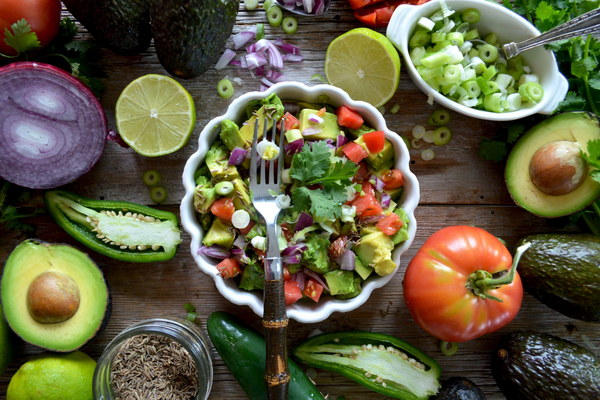
3. White Peony (Bai Shao): This herb has cooling properties that can help alleviate symptoms of dampness and cold, such as fever, sore throat, and headache.
4. Licorice Root (Gan Cao): Licorice root is a harmonizing herb that helps to balance the other ingredients in the tea, ensuring a synergistic effect.
IV. Preparing Corn and Herbs Tea
To prepare the corn and herbs tea, follow these steps:
1. Gather the necessary ingredients: 1 cup of corn kernels, 1/2 cup of astragalus, 1/4 cup of poria, 1/4 cup of white peony, and 1/4 cup of licorice root.
2. Rinse the corn kernels thoroughly and soak them in water for 30 minutes.
3. Place the soaked corn kernels, astragalus, poria, white peony, and licorice root in a pot and add 4 cups of water.
4. Bring the mixture to a boil, then reduce the heat to a simmer and let it cook for about 30 minutes.
5. Once the tea has reached the desired strength, strain it using a fine mesh sieve or cheesecloth.
6. Drink the tea while it is still warm. You can consume it once or twice a day, depending on your needs.
Conclusion:
Corn and herbs tea is a natural and effective remedy for alleviating dampness and cold in the body. By incorporating this traditional Chinese medicine practice into your daily routine, you can enjoy improved health and well-being. Remember to consult with a healthcare professional before starting any new treatment, especially if you have pre-existing health conditions.
